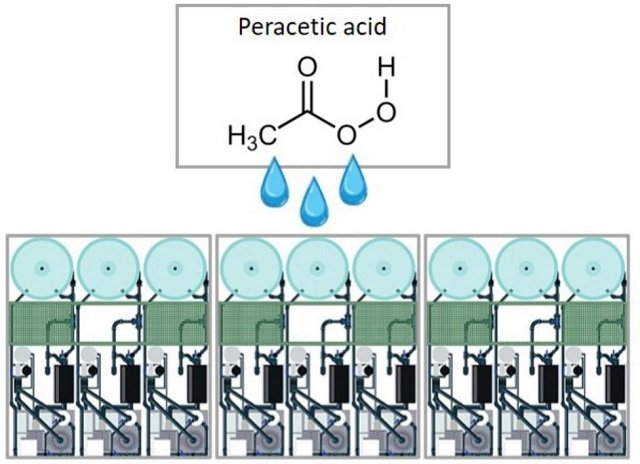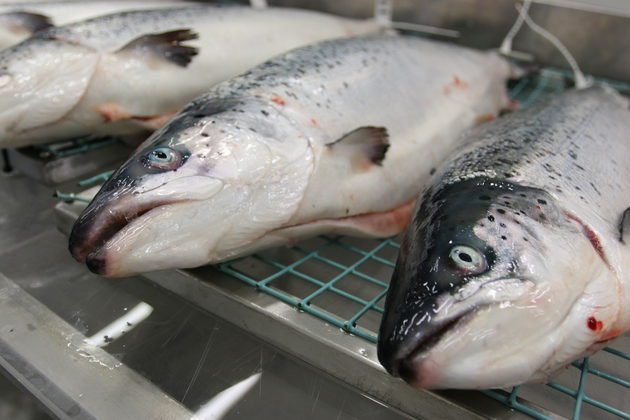Norway.- Preliminary trials and analyses of omega-3-rich oil from genetically modified rape seed indicate that it is safe to use in salmon feed.
Aquaculture needs new sources of marine omega-3 to meet the potential for growth in the industry. Nofima is currently testing omega-3 Canola, a rapeseed oil rich in the marine fatty acid DHA.
Broad set of trials
Nofima has performed feed trials on salmon in fresh water and in sea water facilities on land, where increasing amounts of omega-3 Canola were added to the feed. A parallel trial has been carried out on fry in warmer water in Australia, to test the omega-3 sources at different growth rates. This is important to detect any effects that occur with rapid growth in early life.
The salmon given feed containing omega-3 Canola were analysed for growth, composition and health.
No differences
The salmon fed with omega-3 Canola had the same fillet omega-3 levels as salmon fed with fish oil. Gene expression analyses showed that effects depended on the amount of oil, not the type of oil. “Thorough analyses of these results have not shown any differences in health and growth between fish fed the two oils,” says Bente Ruyter, project manager at Nofima.
NIFES has analysed the omega-3 Canola oil, from the Australian company Nuseed, and did not find any DNA traces of genetically modified rape seed. The oil is extracted from rape plants that have been genetically modified to produce DHA.
Stay Always Informed
Join our communities to instantly receive the most important news, reports, and analysis from the aquaculture industry.
Trials have also been performed with salmon growing from 0.5 to 1.2 kg in tanks on land in Sunndalsora. The fish were given feed with increasing levels of omega-3 Canola, the results of which are currently being analysed.
New knowledge
“The results will be published in open journals,” says Ruyter. Whether this oil is cleared for use in feed depends on government regulations. Then it is up to the industry to decide whether to use the new feed sources. Knowledge from this project will provide a basis for these decisions.
The project is financed by the Norwegian Seafood Research Fund (FHF) and is in collaboration with NIFES from Norway and CSIRO from Australia.
Contact:
Bente Ruyter
Senior Scientist
Phone: +47 930 97 531
bente.ruyter@nofima.no
Source: Nofima
Editor at the digital magazine AquaHoy. He holds a degree in Aquaculture Biology from the National University of Santa (UNS) and a Master’s degree in Science and Innovation Management from the Polytechnic University of Valencia, with postgraduate diplomas in Business Innovation and Innovation Management. He possesses extensive experience in the aquaculture and fisheries sector, having led the Fisheries Innovation Unit of the National Program for Innovation in Fisheries and Aquaculture (PNIPA). He has served as a senior consultant in technology watch, an innovation project formulator and advisor, and a lecturer at UNS. He is a member of the Peruvian College of Biologists and was recognized by the World Aquaculture Society (WAS) in 2016 for his contribution to aquaculture.







